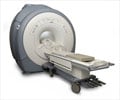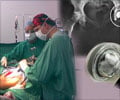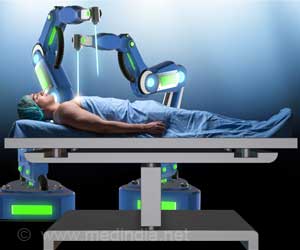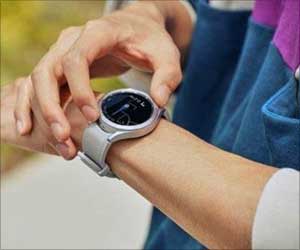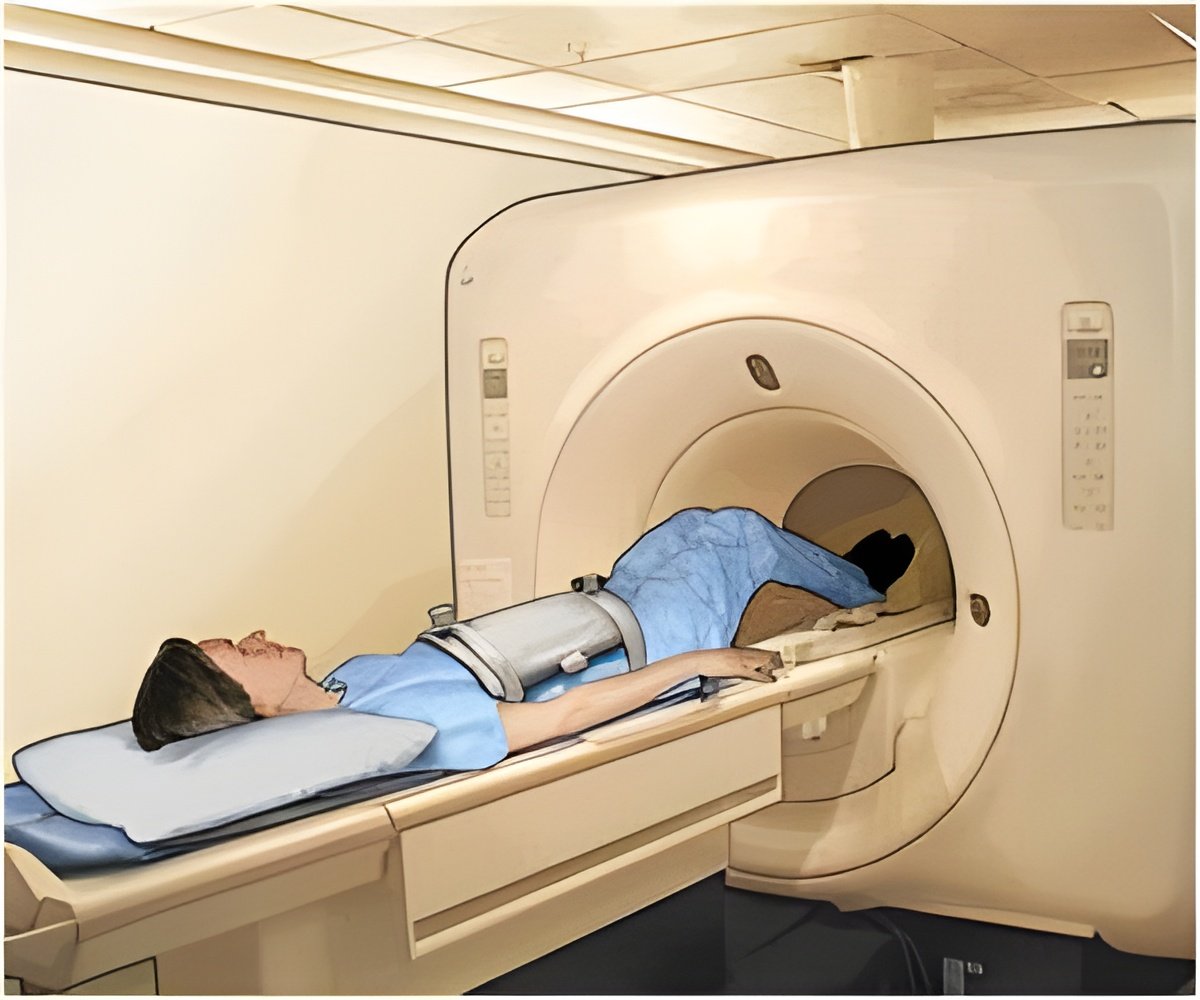
The study found that an MRI is highly sensitive and specific to identifying tissue damage in MoM total hip replacement (THR) patients. Early identification of at-risk patients can result in timely revision surgery, when necessary, decreasing pain and future damage to surrounding hip tissue.
Also today at the 2013 AAOS Annual meeting, the educational session "Optimizing Management of Patients with Metal-on-metal Hips," featured seven orthopaedic experts discussing the identification and treatment of MoM hip failure.
In December 2012, the Academy issued an Information Statement on Metal-on-metal Hip Arthroplasty (replacement) recommending a "low threshold" for commencing the evaluation of a patient with an MoM hip replacement, as "early recognition and diagnosis will facilitate the initiation of appropriate treatment prior to significant adverse biological reactions." The statement also provides a detailed overview of various diagnostic and treatment methods to limit patient discomfort, and outlines when to quickly initiate treatment, and if necessary revision.





